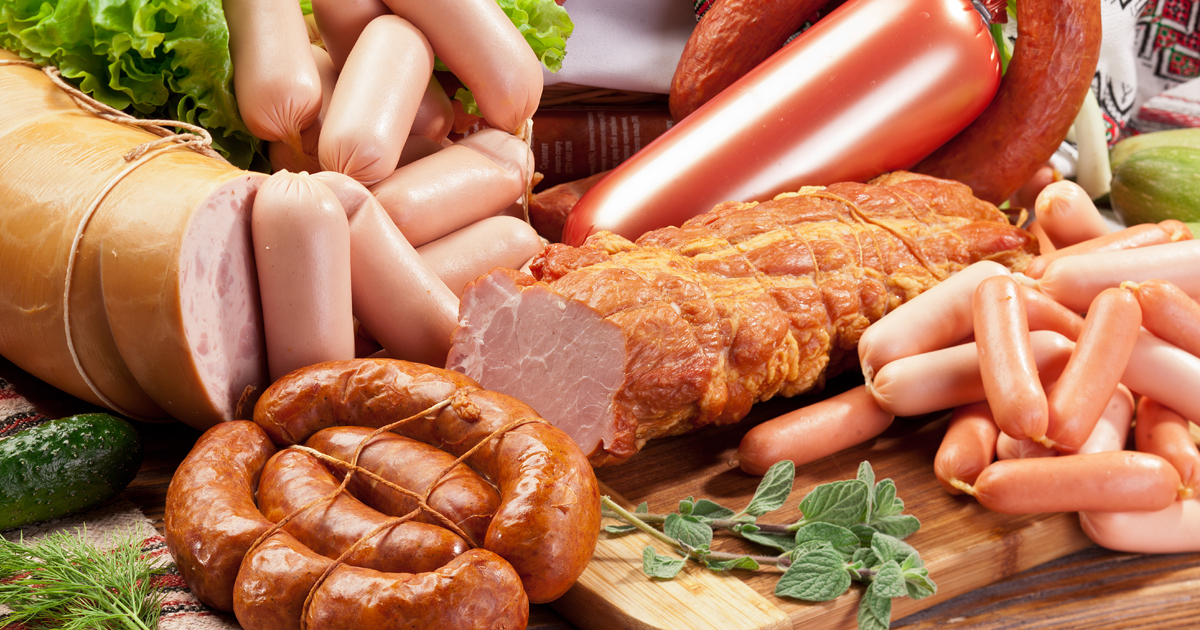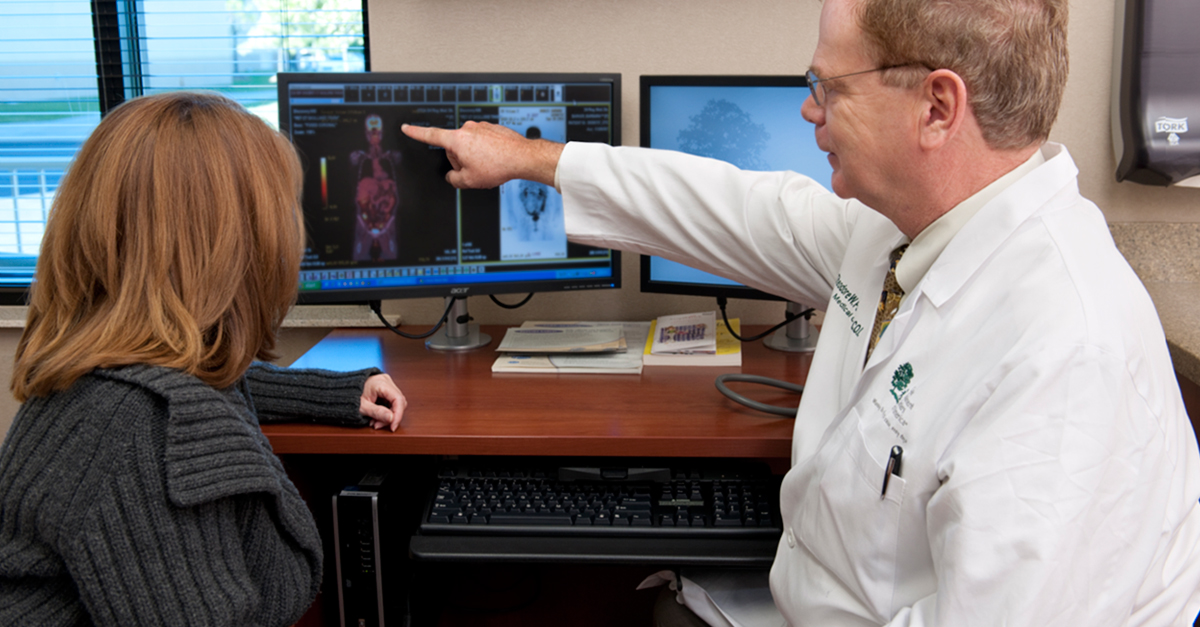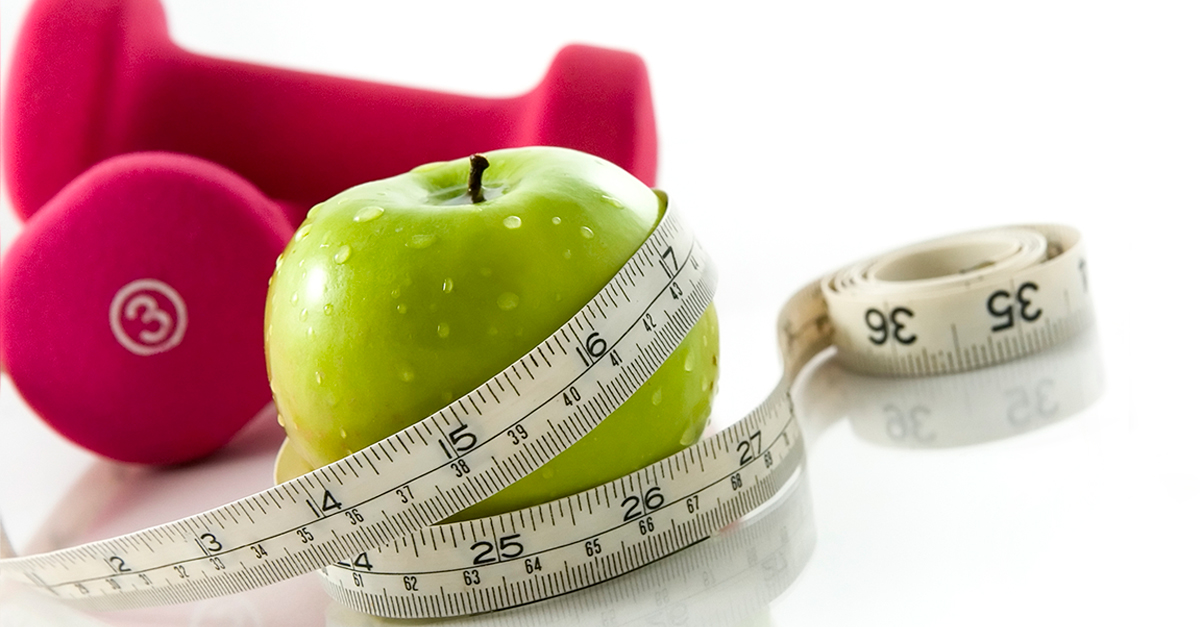
It’s hard to miss the barrage of headlines warning about cancer’s link to, well, just about everything, or so it seems. “THIS IS THE BIGGEST CANCER CAUSING FOOD, AFTER READING THIS YOU WILL NEVER EAT IT ANYMORE,” screams one headline—in all-caps to boot. “Popular foods that could cause cancer,” warns another. “Top 11 cancer causing foods to stop eating right now,” implores a third. With so much information coming at you, determining fact from fiction may be difficult. And the fact is, relatively few foods and drinks have been linked to cancer. “It’s easy to fall victim to claims on TV, on the Internet and in articles regarding foods or drinks that cause cancer,” says Crystal Langlois, RD, LD, Director of Nutrition at our hospital near Atlanta. “It’s always a good plan to rely on information from reputable sources.”
For a food or drink to be considered a carcinogen, strong evidence must link its consumption to an increased cancer risk and show how cancer may develop as a result. The World Health Organization’s International Agency for Research on Cancer (IARC) classifies carcinogens by determining how likely they are to cause cancer, with the scale divided into five groups: known, probable, possible, unclassifiable and probably not carcinogenic.
Foods and drinks the IARC considers carcinogenic to humans include:
Alcohol
- When the body metabolizes alcohol, it produces acetaldehyde, a chemical compound that may damage DNA, which may lead to cancer.
- Research has found that the more alcohol you drink, the higher your risk for developing certain kinds of cancer, such as head and neck cancer, esophageal cancer, liver cancer, breast cancer and colorectal cancer.
- Although experts recommend abstaining from alcohol to avoid the risk, Langlois says that if you choose to indulge, limit your alcohol consumption to no more than one serving per day if you are a woman, or no more than two servings per day if you are a man. A serving is defined as 12 oz. of beer, 5 oz. of wine or 1.5 oz. of liquor.
Processed meats
- Examples include bacon, sausage, hot dogs, pepperoni, prosciutto, beef jerky and salami, meats often preserved by curing, salting or smoking, or with chemical preservatives.
- Research has found that eating 50 grams of processed meat—the equivalent of four strips of bacon or one hot dog—every day increases the risk of colorectal cancer by 18 percent.
- If you do eat processed meats, look for nitrate- and nitrite-free versions, which don’t have added preservatives, Langlois says.
Foods and drinks that the IARC classifies as probably carcinogenic to humans include:
Meats charred or cooked at high temperatures
- Meats cooked at high temperatures form chemicals that may cause changes in your DNA, which may lead to cancer.
- Eating a large amount of well-done, fried or barbecued meats has been linked to an increased risk of colorectal, pancreatic and prostate cancer.
- When preparing meat, Langlois recommends braising, baking or boiling it. Also, marinating meats before cooking may help reduce the risk of carcinogens forming.
Red meat
- Examples are beef, veal, pork, lamb, mutton, horse and goat.
- Eating a large amount of red meat has been linked to colorectal, pancreatic and prostate cancer.
Very hot beverages (hotter than 149° F)
- In the United States, drinks like coffee, tea and hot chocolate are typically prepared at lower temperatures, so they’re generally not a concern.
Sugar is not on these lists because it has not been directly linked to cancer, but the sweetener does add empty calories, which may lead to weight gain, and possibly obesity. Obesity has been linked to 13 types of cancer, which is a growing concern in a country where the average American consumes an estimated 89 grams of added sugars per day—two to three times the recommended amount. Cutting added sugars is one of the easier changes you can make to your diet to improve your waistline, while also helping to reduce your cancer risk, Langlois says. “A registered dietitian who specializes in oncology may also be useful in helping you make appropriate diet choices,” she says. “And, remember, it’s OK to indulge in these foods and drinks from time to time. The key is moderation, and following a well-balanced diet that’s rich in fruits, vegetables, whole grains, and low in saturated fats.”


